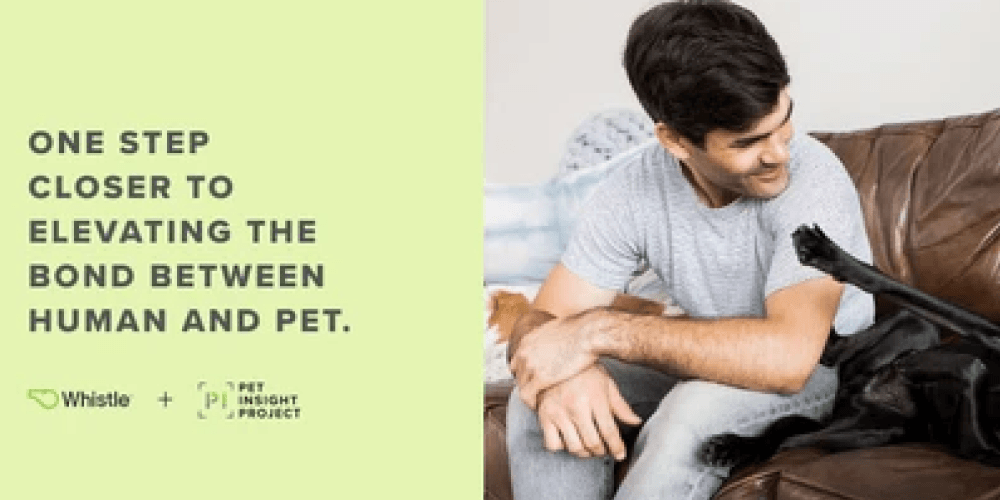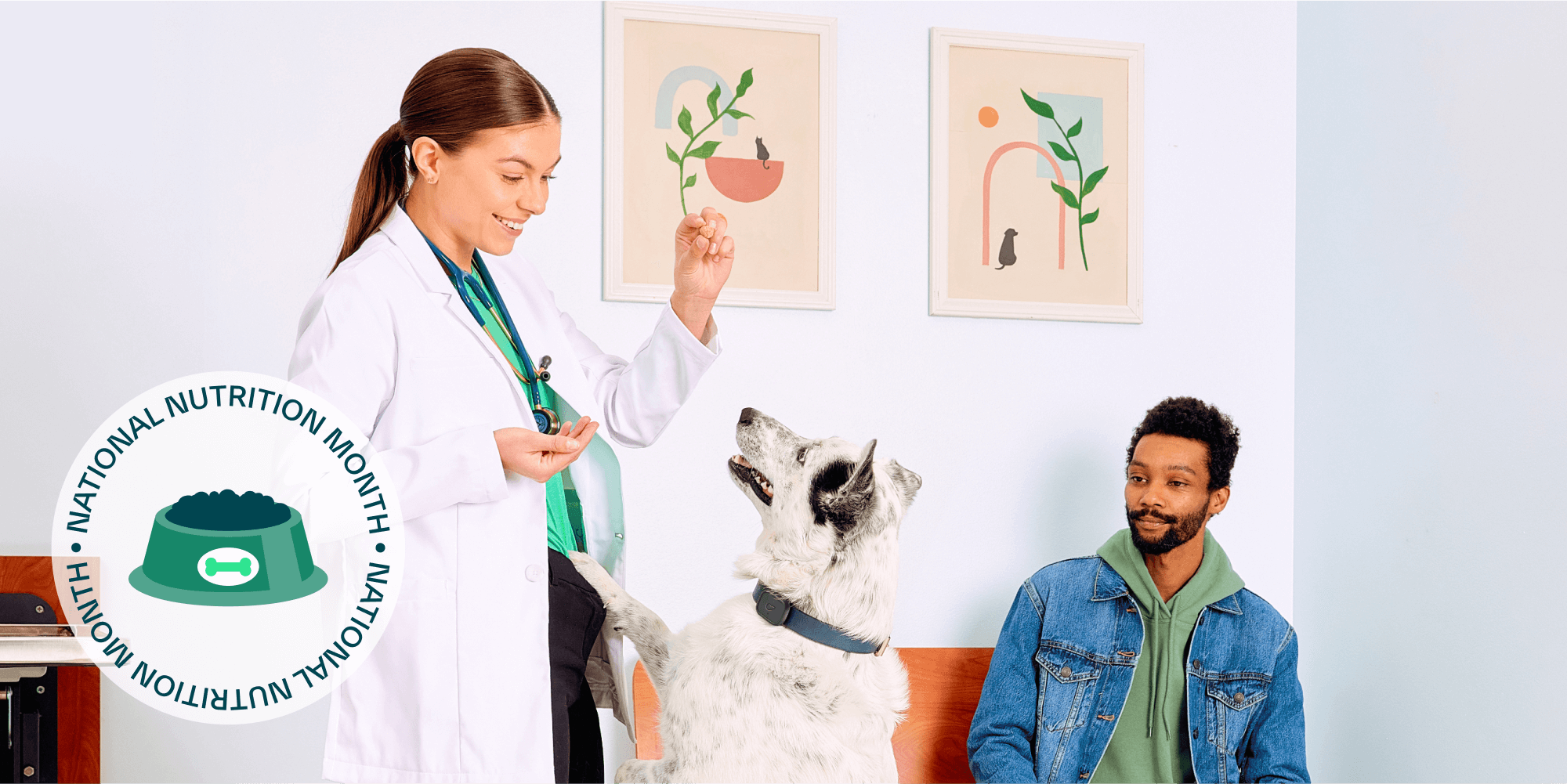How we'll use Filternet™ to anticipate dog health problems early on

Pets can show playfulness. They can communicate hunger. They can exhibit protection, demonstrate loyalty, and express love.
What they cannot do, however, is talk. And that’s okay because they can convey all of the above traits beautifully without words. One place words would come in handy is when it comes time to communicate their well-being. Imagine how useful it would be if our dogs could tell us that they’re developing a skin issue, or that they feel sick, or that they’re in pain.
For that kind of information, pet owners used to be on their own. But now there’s Pet Insight Project (PI), a pioneering study that gives a “voice” to our pets’ medical conditions. Too often, pet parents take their dog to the vet only when an issue has grown serious, which could lead to a worse health outcome, a longer recovery period, and a higher vet bill. Pet Insight enables us to finally take a preventative health approach with our pets.
Big insights from big data
Pet Insight Project (PI) is the brainchild of Kinship, the innovative division of Mars Petcare. PI is comprised of a dedicated group of scientists and veterinarians working to identify certain behavioral patterns in dogs that indicate health problems. They do this by analyzing aggregated data from over 11 million days in the lives of hundreds of thousands of dogs. These data scientists pair data collected from Whistle activity monitors with videos captured by citizen scientists to train the Whistle devices to track your dog’s behaviors. The activity records are then combined with anonymized medical records from Banfield Pet Hospital, and health patterns begin to emerge.
But this is a remarkable amount of data, and you might wonder how we can analyze it so quickly and accurately. The answer is with FilterNet™.
FilterNet: Realizing population health for pet care
FilterNet™ is a novel deep learning AI that classifies lifetime events and translates large volumes of Whistle activity monitor data into dog behaviors. It incorporates known information with new information more accurately and 100 times faster than any other model. With FilterNet™, our researchers can process a full day’s worth of data in just a few seconds, where older models would take 20 to 30 minutes—a very expensive amount of computing time. Simply put, our vision of the future is that when your pet is wearing a Whistle device, Pet Insight’s algorithms, in essence, give your pet a “voice” that may allow you and your veterinarian to provide better care than ever before.
An easy way to understand it is to picture a large mural. If the health stories of every dog were translated into that mural, and your dog was just one brushstroke in the piece, FilterNet is the unique program you could use to understand the whole picture while also seeing the granular details. It lets us observe minute characteristics and the full context at the same time, providing new understandings and insightful connections. This benefits pet parents, veterinarians, and pets in amazing ways. It allows you to be better informed about your pet’s health patterns, it allows you to arm your vet with specific data that can lead to more effective care, and it allows your dog to live a happier, healthier life.
This “full-life biomonitoring” approach gives us a 24/7, 360-degree view of your pet’s wellbeing. It is revolutionizing pet care, but we strive to do even more. The implications of our work extends far beyond pet health. We aim to uncover insights into the human/animal bond, elevating that understanding to a whole new level as well.
In the meantime, our goal is ultimately simple – to give you more happy and healthy years with your pet. We’ll provide their “voice” for better health. They provide the playfulness, the loyalty, and the love.
Read more about FilterNet™ in a recently published paper here. This is one of many health AI innovations being developed by the Pet Insight Project.












